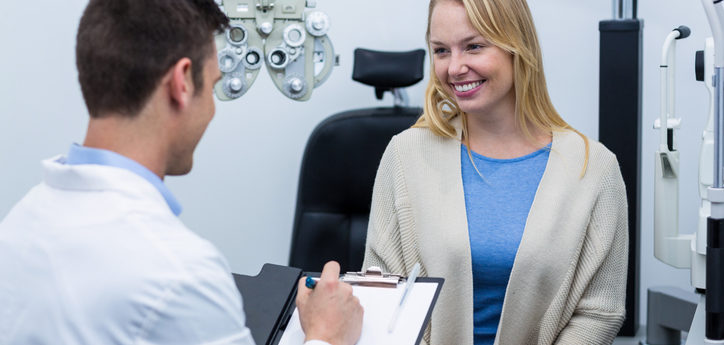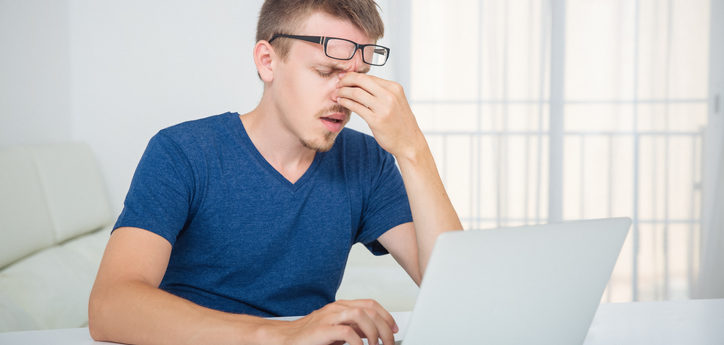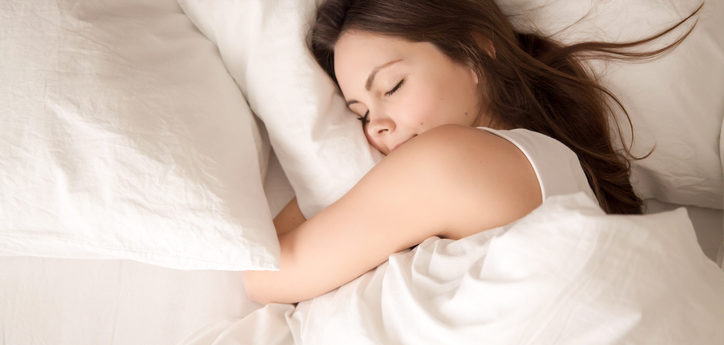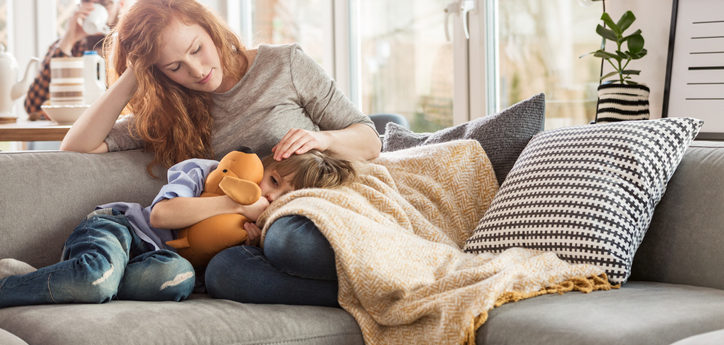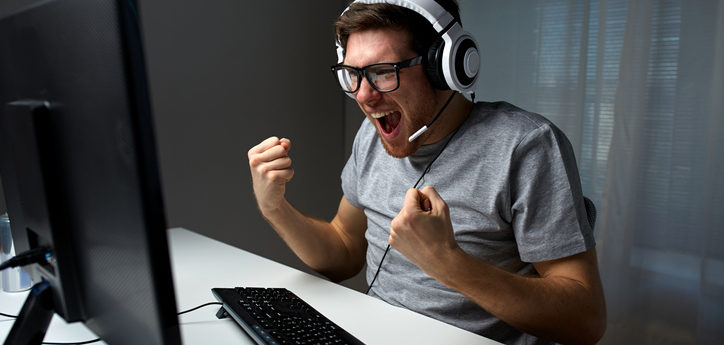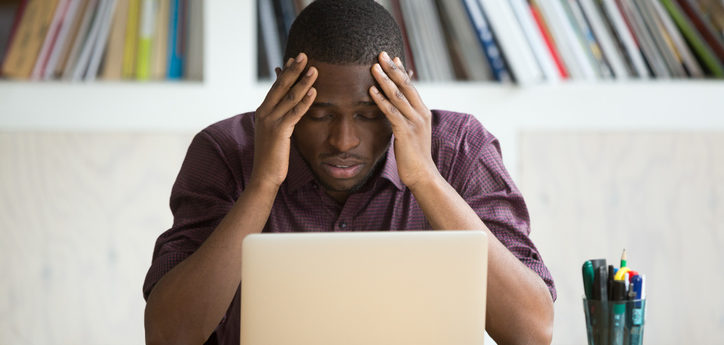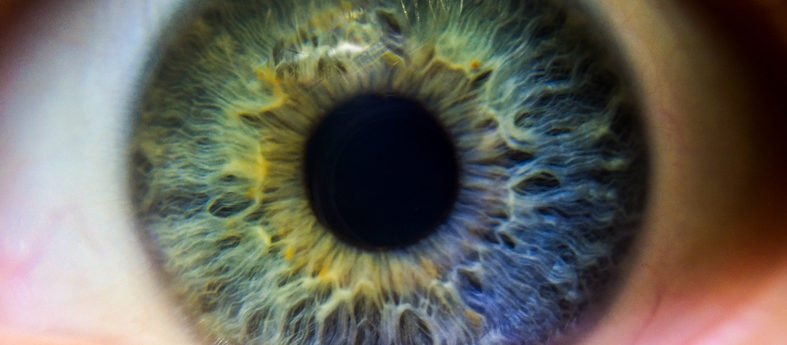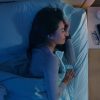Keeping Eyes Safe Post-Lasik
Lasik surgery has become more and more popular among people needing corrective lenses. The idea of shortening a morning routine, saving money on contact lenses and having clear vision right after waking up is incredibly appealing. For most people, the shape of the eye and the shape of the cornea do not match perfectly. This can make focusing on objects more difficult. Some people have difficulty seeing this up close. Others have difficulty seeing things far away. Often glasses or [...continue reading]
